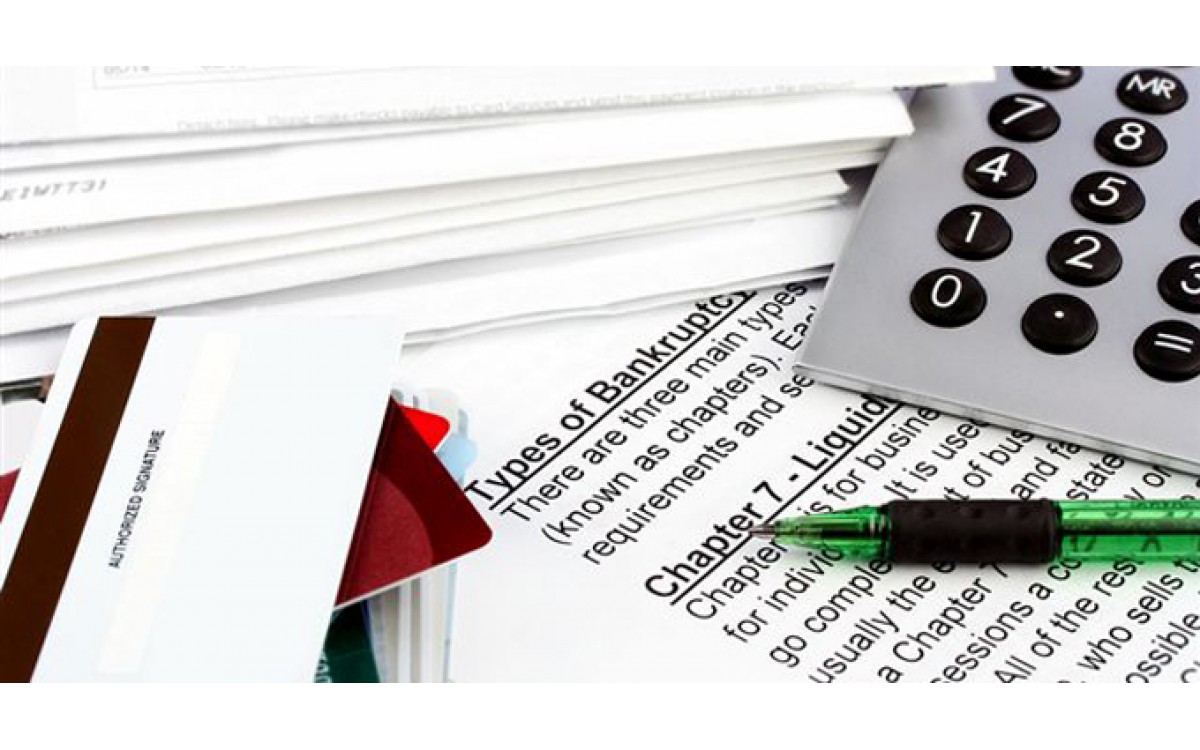Converting Your Chapter 13 Bankruptcy Filing to a Chapter 7
If you have filed a Chapter 13 bankruptcy case in your state and you
find that you cannot continue to make the payments under your Chapter 13
Bankruptcy Plan, you do have the option of converting the Chapter 13 Bankruptcy
Plan to a Chapter 7. If you have not filed for Chapter 7 bankruptcy within the
last 8 years, you can convert your case at any time.
If you decide to convert your case, you will still need to qualify for Chapter 7 by passing the means test and also file a Notice of Conversion with the filing fee. When you convert your case, you will be assigned a new Chapter 7 bankruptcy trustee. You will also need to attend a new meeting of creditors (also called the 341 hearing). While you don’t have to file a new bankruptcy petition, you typically need to file additional forms and amend certain schedules after converting your bankruptcy. In most cases, to show that your financial circumstances have changed and that you can no longer afford to make Chapter 13 payments, you will need to file amended Schedules I and J to reflect your current budget. Some courts may also require a declaration explaining your reasons for converting. If you have a mortgage, car loan, or other secured debt, you will also need to file a Statement of Intention to tell the court what you intend to do with the property securing that loan.
The difficulty in completing Chapter 13 repayment plans
makes converting Chapter 13 to Chapter 7 a popular option with many debtors.
Only about one-third of all debtors complete the entire three or five years
required for a repayment plan.
In you are in need of bankruptcy forms, MyLegalEdge has bankruptcy packets for all 50 states.









